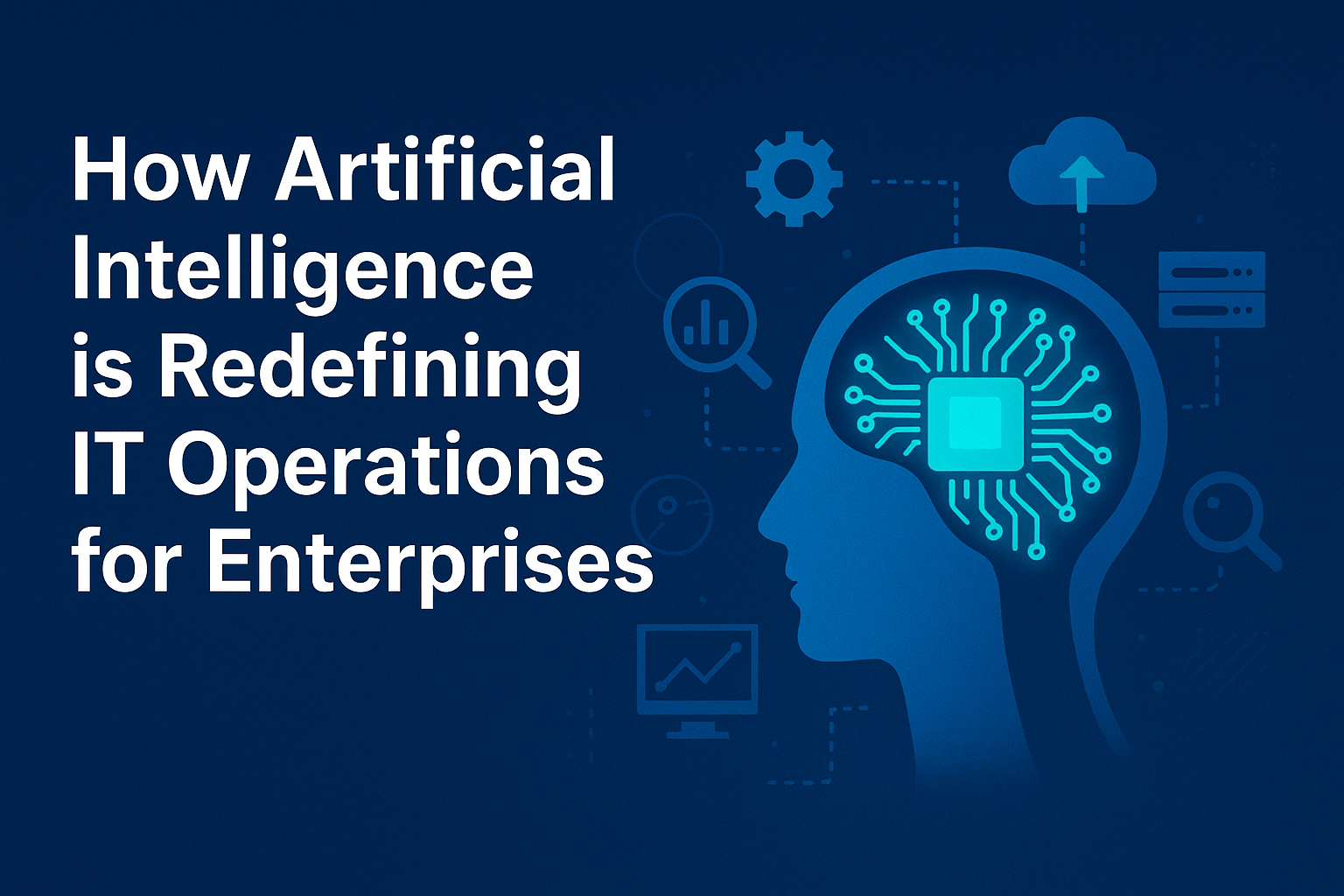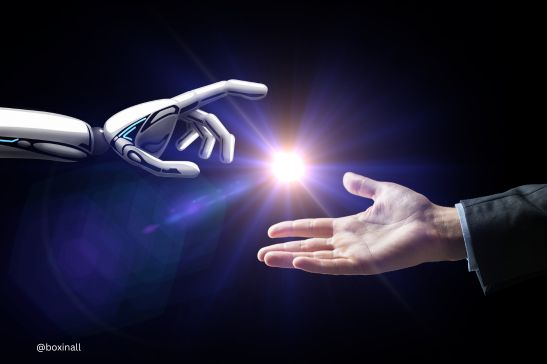In the modern digital era, IT operations are the backbone of enterprise efficiency and business continuity. As organizations scale, traditional IT operations often struggle to keep up with the increasing complexity, speed, and data volume. This is where Artificial Intelligence (AI) is making a transformative impact. By integrating AI into IT operations — commonly referred to as AIOps — enterprises can achieve smarter, faster, and more reliable IT management.
The Shift from Traditional IT Operations
Traditional IT operations relied heavily on manual monitoring, rule-based systems, and reactive approaches. While effective to an extent, these methods are insufficient in today’s cloud-driven and hybrid environments. Enterprises face challenges such as:
- Massive data growth from applications, infrastructure, and networks.
- Increased downtime risks due to human error and slow incident response.
- Complex system integrations across multi-cloud and on-premises environments.
AI addresses these pain points by leveraging machine learning, big data analytics, and automation to drive predictive insights and proactive responses.
Key Benefits of AI in IT Operations
1. Predictive Maintenance and Incident Management
AI can analyze historical system data to predict potential failures before they happen. This enables proactive incident management, reducing downtime and ensuring business continuity.
2. Intelligent Automation
Routine tasks like system monitoring, ticket categorization, and log analysis can be automated through AI. This not only improves operational efficiency but also allows IT teams to focus on high-value innovation.
3. Enhanced Security and Threat Detection
AI enhances cybersecurity by identifying abnormal patterns in real-time, mitigating risks from cyberattacks, and accelerating incident response.
4. Improved User Experience
AI-driven chatbots and virtual assistants provide faster resolution to user queries, ensuring better service delivery and higher customer satisfaction.
5. Smarter Decision Making
With AI-powered analytics, IT leaders can make data-driven decisions on infrastructure optimization, cost management, and resource allocation.
The Future of AIOps in Enterprises
The adoption of AIOps is expected to accelerate as enterprises seek agility and resilience in their IT environments. Future advancements will include:
- Hyper-automation combining AI, ML, and RPA for end-to-end process automation.
- Self-healing systems that resolve issues without human intervention.
- Deeper integration with business processes to align IT performance with business outcomes.
Conclusion
AI is not just redefining IT operations — it is becoming the cornerstone of modern enterprise infrastructure. Organizations embracing AI-powered IT operations will be better positioned to reduce costs, improve efficiency, and achieve greater resilience in an increasingly complex digital world. The future of IT is intelligent, autonomous, and adaptive — powered by AI.



